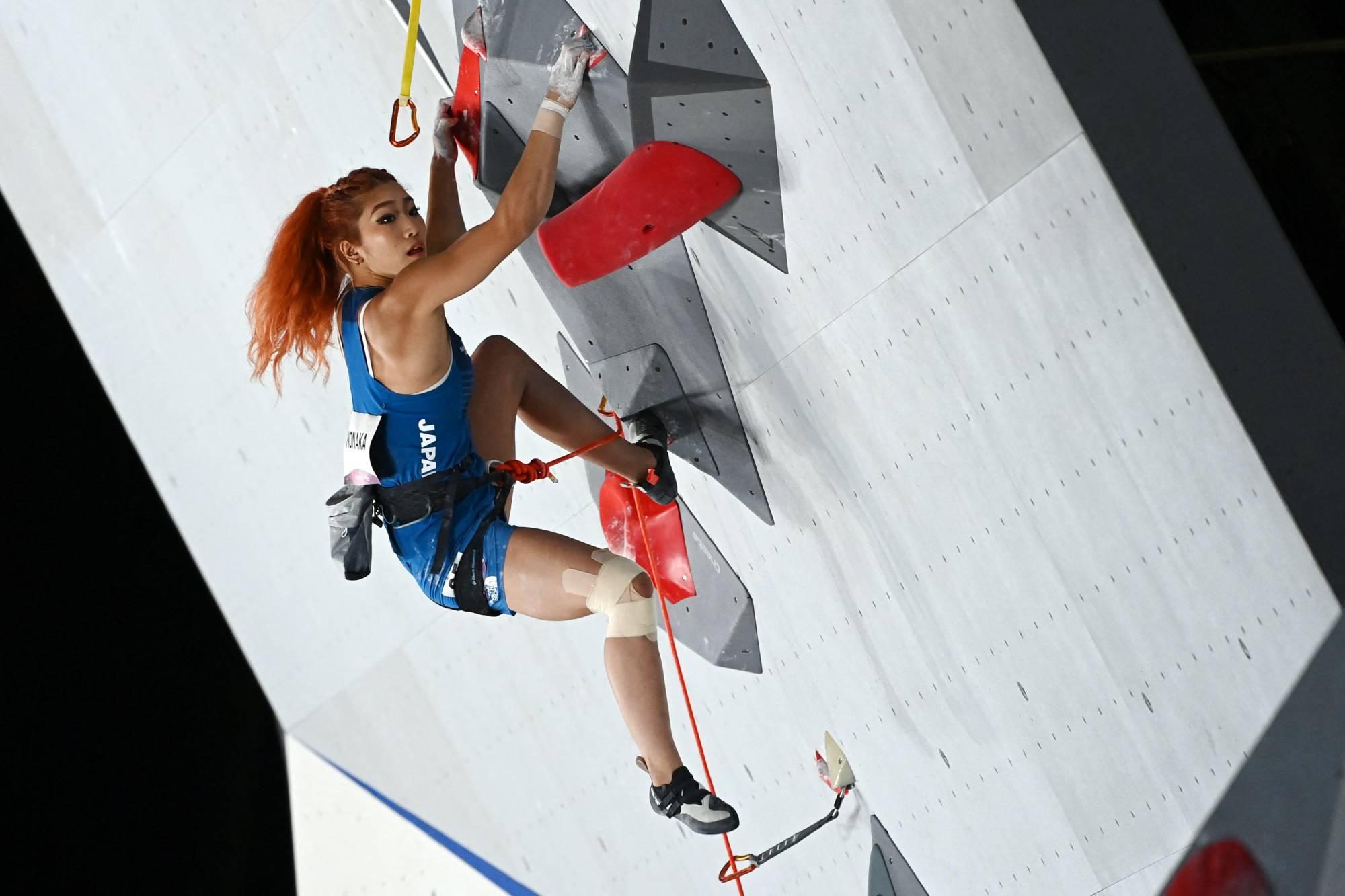The Road to Paris: Climbing Olympics 2024 Qualifying

The Olympic Games in Paris 2024 represent the pinnacle of climbing competition. To reach this stage, athletes embark on a rigorous journey of training, preparation, and mental fortitude. This journey involves meticulous planning, strategic execution, and unwavering dedication.
Training and Preparation Strategies
The path to Olympic qualification requires a comprehensive approach to training, encompassing physical conditioning, technical skill development, and mental preparedness. Leading climbers utilize a variety of strategies to optimize their performance:
- Strength and Conditioning: Climbers engage in rigorous strength training programs to build muscle mass, power, and endurance. This includes exercises targeting key muscle groups involved in climbing, such as the core, arms, legs, and back. They may incorporate weightlifting, plyometrics, and resistance training to enhance their overall physical capacity.
- Technical Skill Development: Climbers focus on refining their climbing techniques, including footwork, body positioning, and route reading. They practice on various climbing walls, exploring different types of holds and routes to develop their versatility and problem-solving abilities. They may also work with coaches to analyze their movements and identify areas for improvement.
- Mental Preparation: Mental resilience is crucial in climbing competitions, where athletes face pressure, fatigue, and uncertainty. Leading climbers utilize various techniques to manage their mental state, such as visualization, mindfulness, and positive self-talk. They may also work with sports psychologists to develop strategies for coping with stress and maintaining focus under pressure.
The Role of Coaching and Support Systems, Climbing olympics 2024 qualifying
Coaching plays a vital role in guiding athletes towards their goals. Coaches provide expertise in training programs, technical skill development, and mental preparation. They analyze athletes’ strengths and weaknesses, create personalized training plans, and provide feedback and support throughout the journey.
- Personalized Training Plans: Coaches work with athletes to develop individualized training plans that address their specific needs and goals. These plans may include specific exercises, training volumes, and recovery strategies tailored to the athlete’s physical and mental characteristics.
- Technical Guidance: Coaches provide expert guidance on climbing techniques, helping athletes refine their movements and optimize their performance. They may analyze videos of athletes’ climbing sessions, identify areas for improvement, and suggest strategies for overcoming technical challenges.
- Mental Support: Coaches also play a crucial role in supporting athletes’ mental well-being. They provide encouragement, motivation, and strategies for managing stress and pressure. They may also work with athletes to develop positive self-talk, visualization techniques, and other mental tools to enhance their performance.
Psychological Aspects of Climbing Competition
Climbing competitions are mentally demanding, requiring athletes to perform under pressure and maintain focus despite fatigue and uncertainty. Mental preparation is crucial for success, and athletes utilize various strategies to manage their psychological state:
- Visualization: Athletes often visualize themselves successfully completing routes, practicing their movements, and overcoming challenges. This technique helps them build confidence, improve focus, and reduce anxiety.
- Mindfulness: Mindfulness techniques, such as meditation and deep breathing exercises, help athletes stay present and calm during competitions. They can reduce stress, improve focus, and enhance their ability to perform under pressure.
- Positive Self-Talk: Athletes use positive self-talk to encourage themselves and maintain a positive mindset. They may repeat affirmations or positive statements to counter negative thoughts and boost their confidence.
Visual Representation of the Athlete Journey
The athlete journey to the Olympics can be visualized as a progression through various milestones and challenges:
[Insert image description here. For example, a visual representation of the athlete journey could be a timeline with key milestones, such as: training camps, competitions, and qualification events. The timeline could also highlight challenges, such as injuries, setbacks, and mental fatigue. The image should convey the dynamic and challenging nature of the athlete’s journey.]
Climbing olympics 2024 qualifying – The 2024 Climbing Olympics qualifying is heating up! Imagine the pressure – you’re scaling a wall, heart pounding, muscles screaming, and all you can think about is getting that perfect score. But, hey, at least you’re not stuck in a faux leather armless chair all day.
That’s a whole different kind of struggle. Back to the climbing, though – good luck to all the competitors, may the best climber win!
Climbing the Olympic qualifying ladder is no joke! It takes strength, agility, and a whole lot of grit. But even the most seasoned climbers need a moment to relax. After a tough training session, why not unwind on your patio with a refreshing beverage and some comfy teal outdoor chair pads ?
You deserve it! And who knows, maybe those comfy pads will inspire your next climbing move.